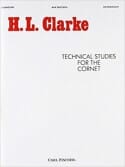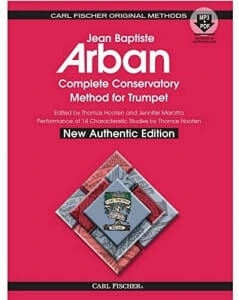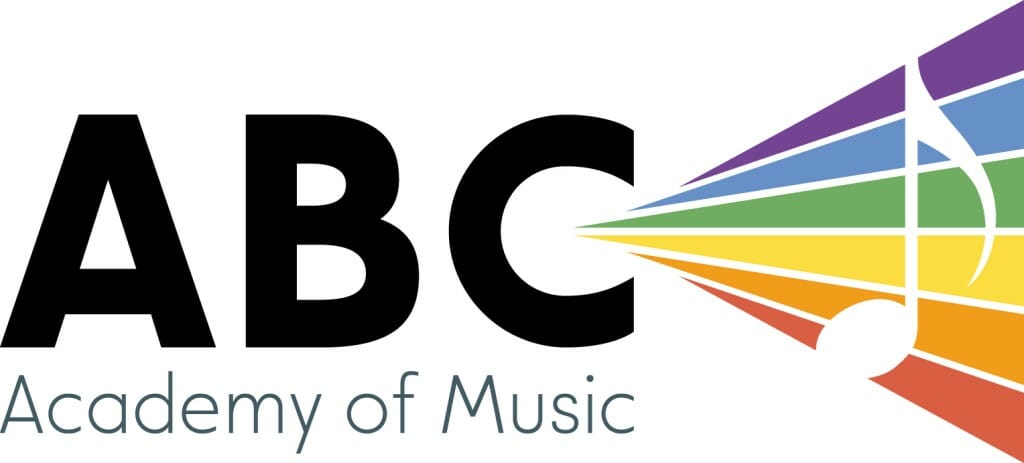B.Mus (Humber College)
A recent graduate of Humber College, Matt has quickly established himself as a respected performer in the city’s music scene. While at Humber, Matt had the opportunity to study with some of Canada’s finest jazz and commercial musicians; Brian O’Kane, Alistar Kay, Shelly Berger and Andy Ballantyne, to name a few.
As an active member in the freelance community, Matt’s playing has taken him to such venues as Roy Thompson Hall, The Rex Hotel and the Jazz Bistro. You can find him leading his own trio in intimate venues around the city, or playing with many different jazz, funk or brass bands around the GTA and other Southern Ontario areas.
Get to know Matt…Beyond the Bio!
Hobbies: Cooking, golf, & coffee making
Musical influences: Clifford Brown, Leroy Jones, Clark Terry, Earth, Wind & Fire, and Chicago
Favourite food: Fish burrito
Least favourite food: My mom’s rice – although, everything else she makes is excellent.
Favourite music: Jazz
Favourite song: It’s Always You
Favourite movie: Spirited Away
Favourite movie music: Indiana Jones Theme
Favourite musical theatre/opera: West Side Story
Best quote from your teacher: “BLOW!” – Alistar Kay
Favourite quote: “They teach you there’s a boundary line to music. But, man, there’s no boundary line to art.” – Charlie Parker
Favourite book: Last Wish – Andrzej Sapkowski
Best thing about teaching at ABC: Sharing my passion for music with youth
Latest Homework from Matt
Is Matt Your Teacher?
Sign up now to get your weekly assignments delivered, and never lose your homework sheet again!
Homework for Jan 13th
Abi:
Nice job on those air/ tongue attacks to start the note right away. If you incorporate that into your practice I think you’ll see a big difference. You can do it on individual notes, or up and down a scale. The 4, 5, and 6 note slurs also sounded a lot easier. Try to get the 6 note slurs starting on C. Remember, big breath and let the air do the work. no breaks in the sound!
Hard Rock Blues was nice. It’s awesome that you can switch articulations while playing. Try a couple of the other tunes all with long notes and again with short notes. You can do this on scales too! For next week, have theme from “New World Symphony” ready to play. This piece is all about beautiful tone, light/ long articulation and dynamics. Try to work all three of those concepts into your playing.
Also, write out C# major for next week (this is the same as Db major). If you want to write both that would be cool. Even though they have the same notes, the scale will look different because one will have sharps and the other will have flats. Have fun!
Matt:
All Through the Night and German Dance are getting close to performance level! Good job on those. Just a couple notes. All Through the Night needs to be a bit slower and smooth sounding… Let your tone shine through. Also don’t be afraid to bring out those dynamics. You need to start softer in order to have more contrast. German Dance also needs to be a bit slower for now. Your time isn’t consistent while you play so start it slower and when you can play everything at the same speed, THEN you can increase the tempo. Remember you want the articulation and dynamics to contrast as well.
Continue to look at Etude in G major. Pay very close attention to the articulation. You don’t want to mix up slurring and tonguing! There are a lot of tricky spots so take your time and be precise. For next week, I’ll want to hear This again, as well as the first two lines of Etude in D Minor.
Please review D chromatic scale as well. Thanks!
Homework for Nov 8
Great lesson today. I hope you were able to absorb a little bit of what I said about diminished and augmented families :-)
I think you would really benefit from doing those long tones on C. I think that is the C-cret to expanding your range! You can just hold the C, or start mf and crescendo to almost max volume, then get up to a D. You can do this starting on any note… C->D, D->E, etc.
Nice job getting all those major scales. I think you’re beginning to understand them very well. Sorry about my tangent on diminished and augmented families, its pretty complicated, but my point is this! When practicing scales, play them in the dim/ aug groups! this way, you will play scales that are always different. G,E,Bb,Db – Ab,F,D,B – A,F#,Eb,C. I hope that makes more sense.
Check out America in the duets package I sent you; its number 8. Use your ears to lead you to the higher notes… don’t be scared!! I’ll upload the bottom part for next week so you can hear how it sounds together.
Preferred Books for Matt’s Students
Click to buy them here, and they’ll come right to your house! What could be easier?
Technical Studies

This work has been especially written to enable the cornet student to conquer any technical difficulties he or she might encounter in the literature for the instrument. By carefully following the instructions in this book, the student will build up strength and endurance without strain or injury to his embouchure. If this lips remain flexible and the tone is not forced, it will be possible to play easily any note, regardless of the register.
Arban Complete Conservatory Method

The New Authentic Edition of Arban’s Complete Conservatory Method contains the same tried and true comprehensive system of study that Arban developed over a century ago, and this completely re-engraved edition has been painstakingly edited by prominent trumpet performers and teachers Thomas Hooten and Jennifer Marotta, adding some of their own insights with respect to how trumpet is taught today. The Arban Complete Conservatory Method is the definitive must-have for all trumpet players.
BOOK TITLE
COMING SOON
BOOK TITLE
COMING SOON






